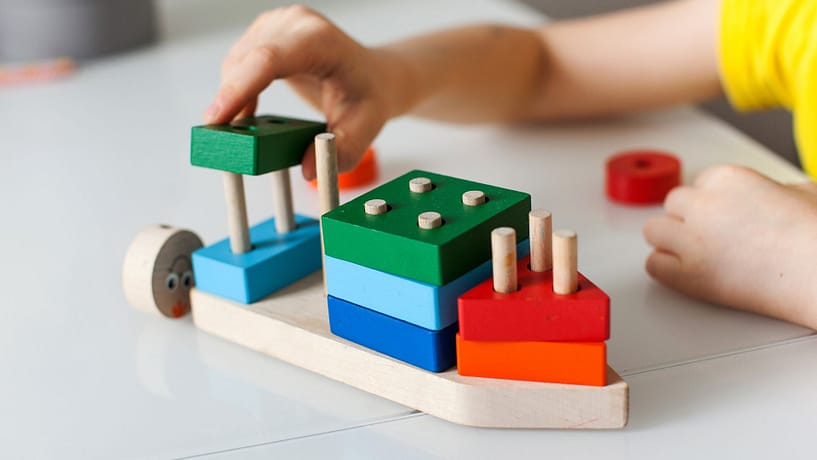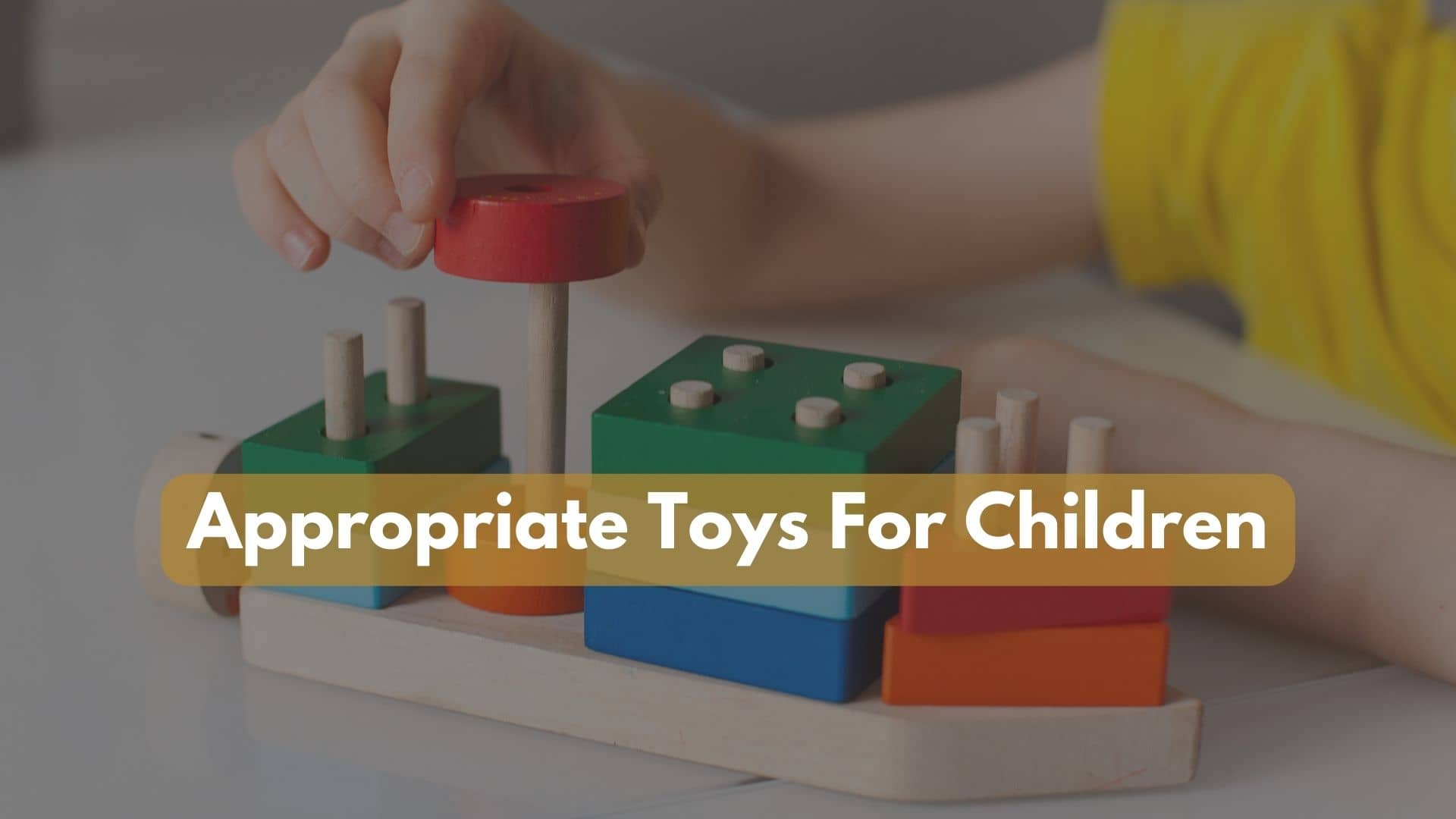Are you looking for Appropriate Toys for children with special needs? If so, you’ve come to the right place! In this article, we will explore various options for choosing age appropriate toys for children. Whether it’s toys that promote sensory development, encourage social interaction, or enhance motor skills, we’ve got you covered. So, let’s dive into the world of specially designed toys and discover the perfect ones for these incredible children.
Toys for Sensory Development
When it comes to sensory development, there are various toys available that can engage and stimulate a child’s different senses. Tactile toys, for example, provide opportunities for children to explore different textures and enhance their sense of touch. These toys can include textured balls, squishy toys, and sensory bins filled with materials like sand or water. Visual toys, on the other hand, focus on stimulating a child’s sense of sight. These toys can include light-up toys, colorful mobiles, and visual stimulation toys that provide sensory input through lights and moving patterns. Lastly, auditory toys are designed to enhance a child’s sense of hearing. This can include musical instruments, sound puzzles, and toys that make various sounds when pressed or shaken.
Toys for Fine Motor Skills
Fine motor skills are crucial for many everyday tasks such as writing, using utensils, and dressing oneself. Puzzles are excellent Appropriate Toys for developing fine motor skills as they require children to manipulate small puzzle pieces and place them into their corresponding spots. Stacking toys, such as blocks or rings, help children practice their hand-eye coordination and precision as they stack the pieces. Building blocks also promote fine motor skills as kids are required to grasp and manipulate the blocks to create structures.
Toys for Gross Motor Skills
Gross motor skills involve the use of large muscle groups and are essential for activities like walking, running, and jumping. Ride-on toys, such as tricycles or scooters, provide children with the opportunity to develop their balance and coordination while also engaging in physical activity. Balance boards are also beneficial for developing gross motor skills as they challenge children to maintain their balance while engaging their core muscles. Additionally, a ball pit can be a great toy for encouraging gross motor skills, as kids can crawl, jump, and throw the balls, promoting overall physical development.
Toys for Cognitive Development
Cognitive development refers to a child’s ability to think, reason, and problem-solve. Shape sorters are fantastic toys for cognitive development as they require children to identify and match shapes to their corresponding holes. Matching games, such as memory cards or picture-matching games, help enhance a child’s memory and concentration skills. Memory games, on the other hand, engage children in remembering and recalling the location of specific objects or cards, fostering cognitive skills.
Also Check: What Are Some Engaging Sensory Bottles For Babies?
Toys for Communication and Language Skills
Toys that promote communication and language skills play a vital role in a child’s development. Pretend play sets, like kitchen playsets or doctor kits, encourage children to engage in imaginative play and role-play scenarios, which help enhance their communication skills. Storytelling toys, such as puppets or storybooks with interactive features, promote language skills by encouraging children to express their ideas and follow a narrative. Speech therapy tools, such as flashcards or language-building games, can also be helpful for children with special needs in developing their communication and language abilities.
Toys for Social and Emotional Development
Appropriate Toys that facilitate social and emotional development play a crucial role in helping children navigate their feelings and interactions with others. Emotion recognition games, such as emotion cards or facial expression puzzles, can assist children in recognizing and understanding different emotions in themselves and others. Dollhouses promote social and emotional development through role-playing and exploring social scenarios. Board games, which require turn-taking, cooperation, and following rules, can also help children develop social skills and emotional regulation.
Adaptive and Assistive Toys

For children with special needs, adaptive and assistive toys can provide additional support and accommodate their unique needs. Switch-activated toys, for instance, can be operated by pressing a switch instead of using complex motor skills, providing accessibility for children with limited mobility. Augmentative communication devices, such as communication boards or voice output devices, can assist children in expressing themselves effectively, particularly if they have communication difficulties. Specialized sensory toys, like weighted blankets or vibrating toys, can provide comfort and sensory input tailored to the needs of children with sensory processing issues.
Technology-based Toys
Technology-based Appropriate Toys have become increasingly popular and can be beneficial for children with special needs. Tablet apps designed for education or skill development can provide interactive and engaging learning experiences. Smart games, which incorporate advanced technology like sensors or programming, offer opportunities for problem-solving and critical thinking. Interactive learning systems, such as educational gaming consoles, can provide a range of activities and challenges that target various developmental areas.
Inclusive Cooperative Games
Inclusive cooperative games are designed to promote teamwork, cooperation, and inclusivity among children. Cooperative board games, in which all players work together towards a common goal, encourage collaboration and communication. Adapted sports gear enables inclusive participation in team sports, while group building activities foster teamwork and individual contributions.
Considerations for Toy Selection
When selecting Appropriate Toys for children with special needs, it is essential to consider a few factors. Age appropriateness is crucial, as toys should be challenging yet achievable for a child’s developmental stage. Additionally, ensuring the safety and durability of toys is essential to prevent accidents or injuries. Toys that can adapt or be customized to meet a child’s specific needs can also be beneficial. For example, adjustable switches on a switch-activated toy or the ability to modify the difficulty level of a game can cater to individual requirements and promote success and engagement.
